Posted on September 22, 2021 in ASRC News, Featured News
Six faculty members from six CUNY campuses have been selected to receive CUNY ASRC Seed Grants for their early-stage research projects. Each professor will receive $20,000 over 12 months, which will support key research staff and cover the cost of using the CUNY ASRC’s state-of-the-art core research facilities.
The program, which did not take place during 2020 due to pandemic-related disruptions, is now in its seventh year. Meet the grant recipients from 2019.
In keeping with the Seed Grant Program’s goal of fostering interdisciplinary research, each recipient will also partner with research faculty in one of the CUNY ASRC’s five initiatives (Nanoscience, Photonics, Structural Biology, Neuroscience and Environmental Sciences) to incorporate principles and approaches from other disciplines that can help advance the research project’s goals.
“Our seed grant program benefits CUNY STEM faculty by providing financial support for collection and analysis of preliminary data that can then be leveraged for external funding as well as to make it easier to take advantage of the CUNY ASRC’s core facilities and other resources,” said CUNY ASRC Executive Director Annette “Nina” Gray. “We are thrilled to have these CUNY researchers from multiple disciplines – from computer science to biology – and four of the five boroughs joining the many hundreds of researchers already working at the CUNY ASRC.”
This year’s awardees are taking on projects across the STEM fields, from creating quantum computing networks to modeling oil spills and understanding the neuroscience of safety. Here’s a look at their projects.
2021 ASRC Seed Grant Recipients
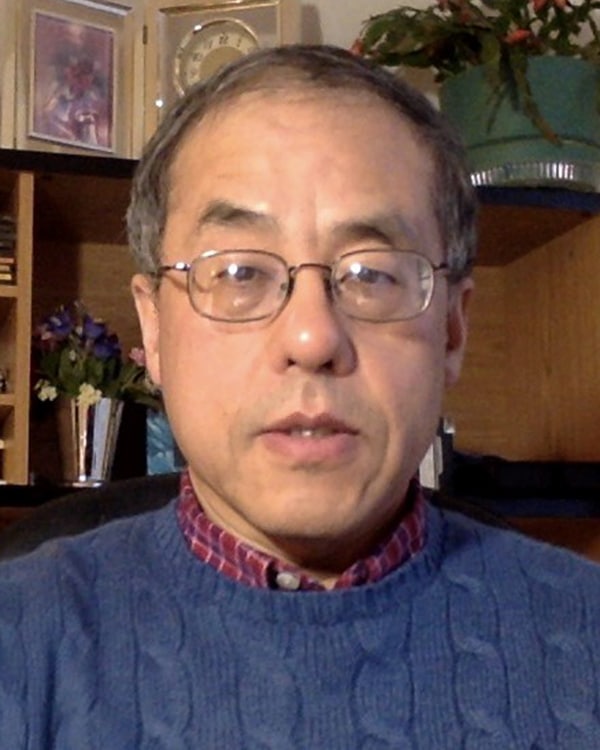 |
Professor Zhanyang Zhang, College of Staten Island and the Graduate Center, Computer ScienceCUNY ASRC Partner: Professor Ricardo Toledo-Crow, Environmental Sciences Initiative Project Name: Next Generation Modeling of Oil Spill Transport Based on a Lattice Boltzmann Method and Large Sensor Data Assimilation Co-PIs: Professor Tobias Schaefer, College of Staten Island and the Graduate Center, Mathematics and Physics, and Professor Emeritus Michael E. Kress, College of Staten Island and the Graduate Center, Computer Science Goal: The team will study the feasibility and efficacy of assimilating data from multiple types of sensors into the Lattice Boltzmann Model to describe, with improved accuracy, how oil moves and flows after a spill. |
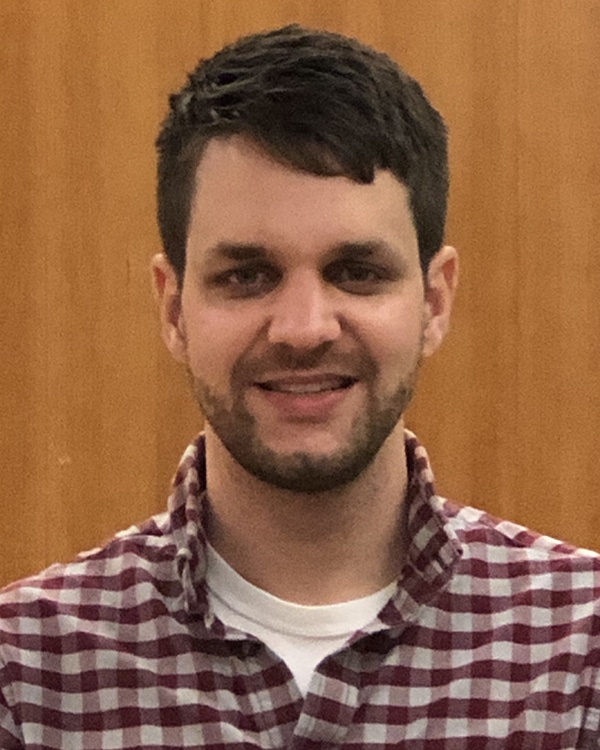 |
Professor Ryan Williams, The City College of New York, Biomedical EngineeringCUNY ASRC Partners: Professor Tai-De Li and Professor Tong Wang, Nanoscience Initiative Project Name: Design of Fluorescent Nanosensors for Bedside Detection of Inflammatory Proteins Goal: The researchers aim to design fluorescent nanosensors that can rapidly detect and quantify inflammatory cytokine proteins in patients with chronic inflammatory diseases, to aid with diagnosis and marking of disease progression. |
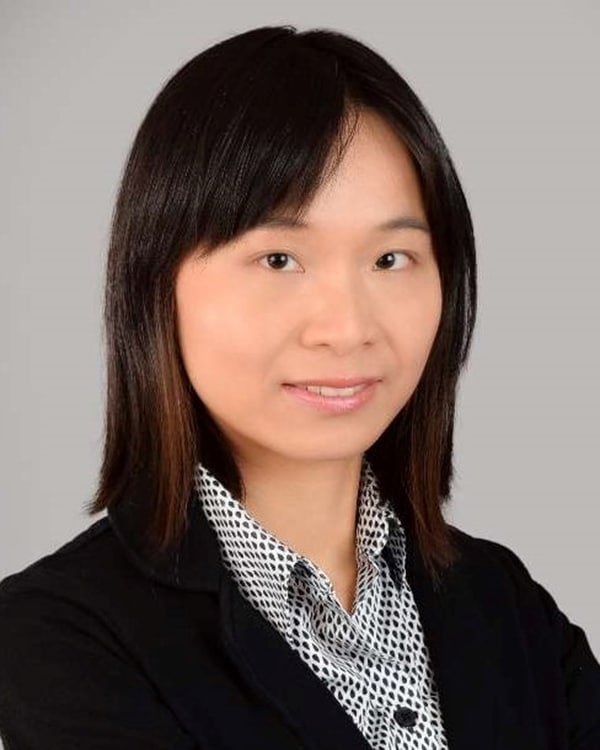 |
Professor Xinyin Jiang, Brooklyn College and the Graduate Center, Health and Nutrition Sciences and BiochemistryCUNY ASRC Partner: Professor Jia Liu, Neuroscience Initiative Project Name: Choline as an Epigenetic Reliever of Nonalcoholic Steatohepatitis Initiated by Maternal Obesity Goal: The team will determine the effects of choline as a supplement to prevent or treat nonalcoholic steatohepatitis, a type of liver disease, that is triggered by obesity in a patient’s mother during her pregnancy via a mechanism called epigenetics. |
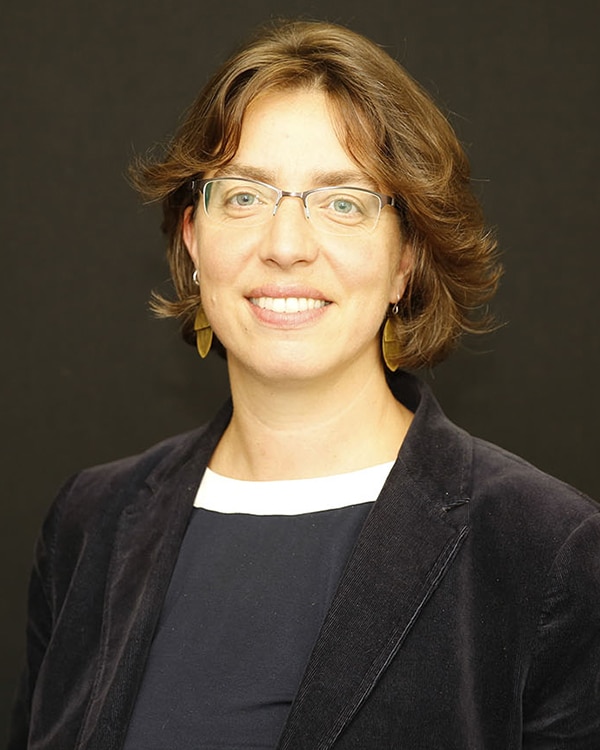 |
Professor Ekaterina Likhtik, Hunter College and the Graduate Center, BiologyCUNY ASRC Partner: Professor Jia Liu, Neuroscience Initiative Project Name: The Impact of Safety Learning on the Medial Prefrontal Cortex Goal: The team aims to assess how the brain changes when learning to identify cues signaling safety in one’s environment, and if these changes are beneficial to those who have trouble discerning between threat and safety due to psychiatric disorders. |
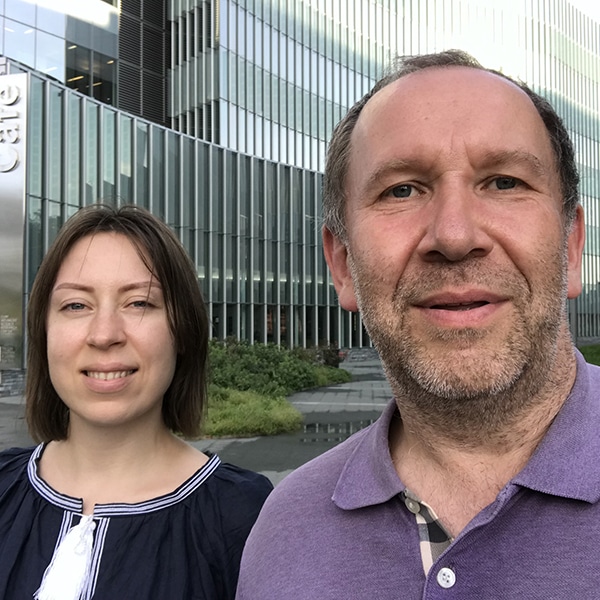 |
Professor German Kolmakov, New York City College of Technology and the Graduate Center, PhysicsCUNY ASRC Partners: Professor Gabriele Grosso, Photonics Initiative, and Professor Milan Begliarbekov, Nanoscience Initiative Project Name: Exciton Polariton-Mediated Conversion of Microwave Radiation to Optical Pulses Graduate Research Assistant: Shaina Raklyar, Physics Ph.D. student, the Graduate Center, CUNY Goal: The researchers will develop proof-of-concept work that will unlock the technology to connect quantum computers in long-distance networks without losing signal coherence. |
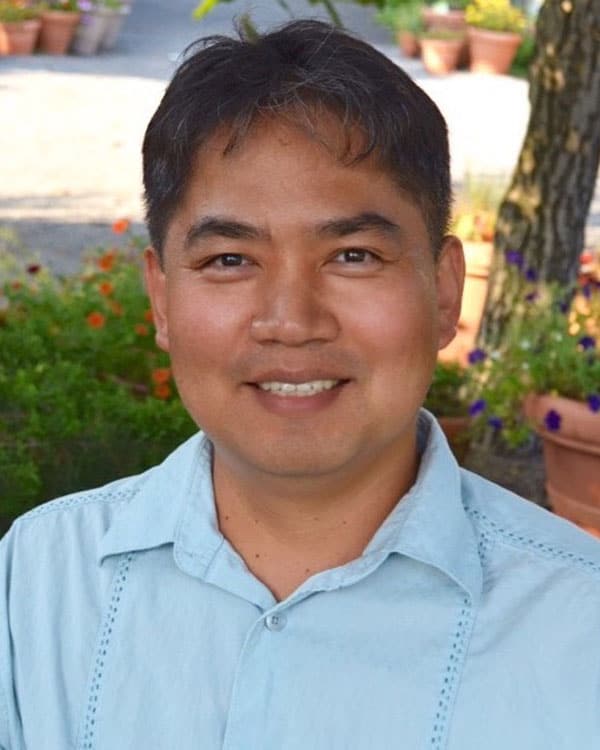 |
Professor Junyong Choi, Queens College and the Graduate Center, Chemistry and BiochemistryCUNY ASRC Partners: Professor Eta Isiorho and Professor Rinat Abzalimov, Structural Biology Initiative Project Name: Allosteric Modulation of Phosphatidylinositol 3-kinase Goal: The team will map the molecular structure of an enzyme involved in cancer and other human diseases and determine how it changes when interacting with chemical agents, paving the way for development of therapeutic candidates. |
